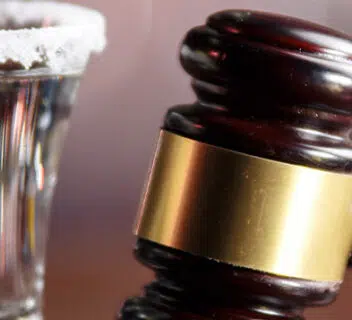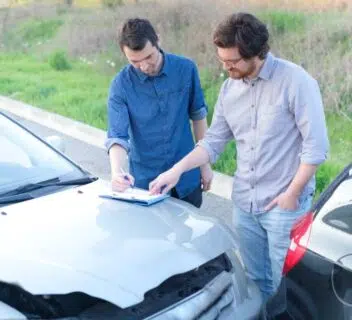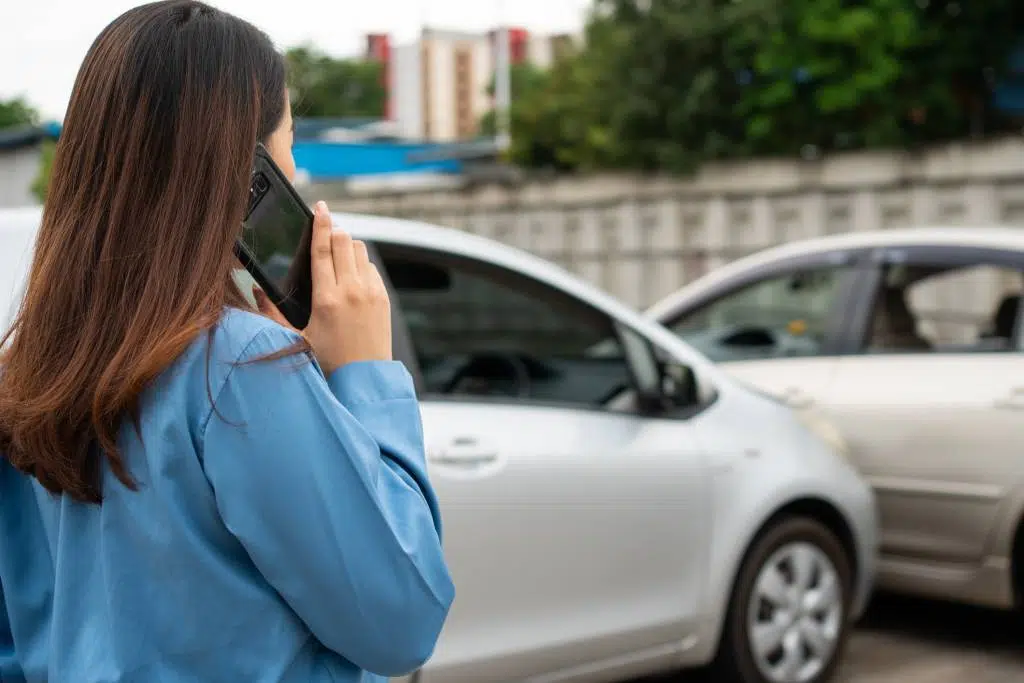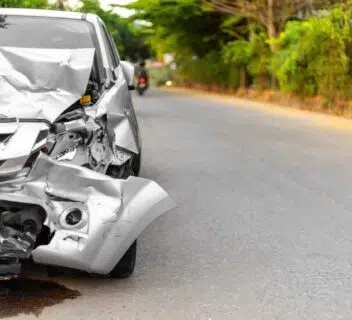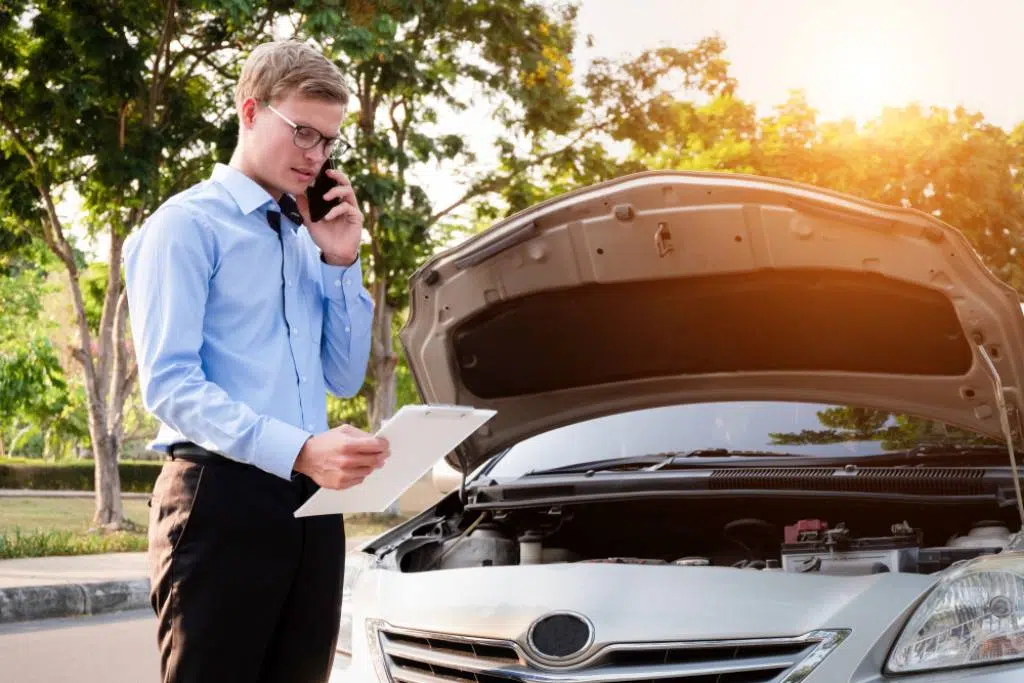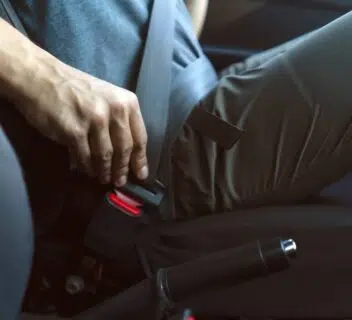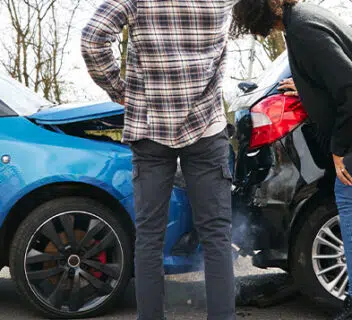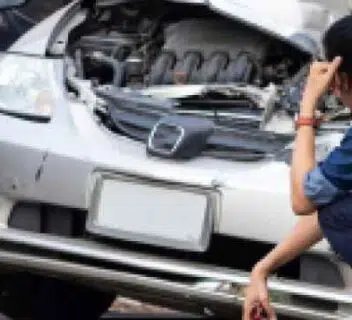Were you hit by a DUI driver? If so, chances are that you’re feeling overwhelmed and possibly confused. Don’t worry. If you’ve been hit by a drunk driver, settlement is possible.
If you’ve been injured, you may have a right to sue for damages to compensate you for your losses. These losses can be significant and varied, so it’s important to actually speak to an attorney about your case so that you can secure DUI accident settlement compensation. Call us at 1-800-THE-LAW2 or use our contact form to connect to an experienced attorney in our network for a free consultation.
All that being said, we understand you might be feeling anxious and alone. The first thing to understand is that you’re NOT alone in dealing with a drunk driving incident.
According to data reported by the National Highway Traffic Safety Administration (NHTSA), drinking and driving kills 28 people every single day. That’s more than a death per hour. Simply put, drunk driving accidents are a serious problem across the United States.
Let’s take a closer look at DUI accident lawsuits.
What to do after a drunk driving accident
Being involved in an accident with a driver under the influence can be a traumatic and confusing experience. If you’ve been hit by a drunk driver, you may be entitled to a settlement to compensate for your losses. Understanding how to navigate the aftermath of such an incident is crucial in ensuring you receive the justice and compensation you deserve.
Exploring Your Legal Options
- Suing a Drunk Driver: Yes, you can sue a drunk driver for hitting you. Driving under the influence is a serious offense, and if their irresponsible behavior resulted in your injury, you have the right to seek legal action.
- Filing a Claim: The process typically begins by filing a claim, which involves documenting the incident, your injuries, and any property damage. This is an essential step in pursuing compensation for economic damages such as medical bills, lost wages, and other financial losses.
- Seeking Legal Guidance: Knowing how to sue a drunk driver involves understanding various legal options and strategies. A skilled attorney can guide you through the process, from filing the claim to negotiating a settlement or, if necessary, taking your case to court.
- Maximizing Your Settlement: The goal is to ensure you receive fair compensation for both economic and non-economic damages. This can include medical expenses, lost income, as well as pain and suffering caused by the accident.
Hire a lawyer
Lawyers are incredibly important at every step of the accident-lawsuit process. Though television and movies have convinced the public that lawyers primarily litigate cases in court, the truth is that lawyers play a role throughout. They assist clients with evidence gathering, ensure that there are no problematic disclosures that could undermine the case, negotiate settlements, and implement legal strategies. Working with a lawyer early is also critical, as they will take steps to move your case forward in a timely manner, which avoids issues with legal deadlines.
Seek medical attention
The first priority after an accident is to obtain medical attention as soon as possible, given the circumstances. If you are seriously injured, you should not spend too much time loitering at the accident scene, for example. Instead, you should go to the nearest hospital or get an ambulance.
Delaying this can undermine your claims, as the defendant may try to argue that your delays worsened the injuries. They may also try to argue that your delays prove that the injuries were not that serious to begin with.
Collect evidence
If you aren’t “obviously” injured, then you can take a moment at the accident scene to collect evidence: taking photos of the crash and your injuries, getting the contact information of eyewitnesses, writing down notes, and more. This can be valuable for supporting your factual narrative in the upcoming dispute.
React appropriately as the case develops
As the case proceeds, you and your attorney will have to react and respond to the developments in the case. If the judge restrict the type of evidence that you can introduce, for example, then you’ll have to reconsider your overall legal strategy and how you’re framing the case arguments. Being able to react and respond quickly, efficiently, and effectively is important to the success of your claims.
Average Settlement for a drunk driving accident
There is no average settlement for drunk driving accidents in California that you should expect to receive for a drunk driving accident. Every case is different, and the circumstances surrounding the case will vary enough that an analysis will require quite unique considerations. However, a number of factors can be used to calculate the settlement amount that you’ll want to focus on. This number can of course be negotiated further with the opposing counsel.
Bear in mind that settlement amounts are calculated on the basis of the uncertainty of potential trial litigation. If you are more likely to win at trial, and you have strong evidence of the damages you’re claiming, then the settlement amount will be proportionally higher. That’s how settlement calculations generally work.
Factors relevant to DUI accident compensation in a settlement
- Fault
- State and federal laws
- Drunk driving damages and injuries
- Circumstantial factors favoring one party’s perception
Fault
The more thoroughly you’re able to prove the defendant’s fault, the higher the settlement can be. For example, in some cases, the defendant simply cannot reject your arguments and has to admit fault. This can increase your settlement amount substantially. Bear in mind, however, that they can continue to push down the settlement amount by arguing that the damages are low.
In a personal injury lawsuit stemming from a drunk driving accident claim, establishing fault is a cornerstone. The clearer and more convincing the evidence of the other party’s fault, the stronger your claim becomes. In the context of drunk driving, fault often seems straightforward, as driving under the influence is a clear breach of legal and safety standards. However, the legal process requires concrete evidence to prove this fault beyond just the fact of intoxication.
Your lawyer will work to gather all necessary proof, such as police reports, breathalyzer results, and witness testimonies, to firmly establish the other party’s fault in the accident. The objective is to leave no room for doubt that the drunk driver’s actions directly caused the accident and your subsequent injuries.
Successfully proving fault in a drunk driving accident claim not only strengthens your case for receiving compensation but can also influence the amount of damages awarded in your personal injury lawsuit. Remember, the burden of proof lies with you, the plaintiff, so meticulous and comprehensive evidence collection is vital.
State and federal laws
Laws can influence your settlement amount, as they describe the contours of your legal claim. If the laws support your claims, then the defendant will have a difficult time countering your assertion of liability and damages. Generally speaking, the more definitive the legal framework that supports your claims, the higher the settlement you’ll be able to negotiate.
Understanding the interplay of state and federal laws is crucial, especially in terms of insurance coverage in a drunk driving accident case. A proficient drunk driving accident lawyer will be well-versed in these laws and how they impact your claim.
For instance, certain state laws might dictate the minimum insurance coverage requirements and how these influence the compensation you can receive. Additionally, there might be specific state laws that allow for punitive damages in cases of gross negligence, such as drunk driving.
Drunk driving damages and injuries
The more severe your injuries, the larger your damages amount will be and the higher your settlement that you can negotiate. Do bear in mind that a damages claim must be accompanied by strong evidence. If you do not have the evidence to support your damages claim, then the defendant will be able to counter with their own assertion, which is likely to be much lower.
In cases involving impaired drivers, the extent of damages and injuries often dictates the progression and outcome of your personal injury case. Legal representation plays a crucial role in accurately assessing and presenting these damages.
A lawyer specializing in such cases will thoroughly evaluate the impact of the injuries sustained — ranging from physical injuries to psychological trauma. This comprehensive assessment includes immediate medical expenses, long-term care costs, lost wages, and even the potential for future earnings loss, which can be significant in cases of severe injuries.
Your legal team will compile medical records, expert testimonies, and other evidence to build a strong case highlighting the extent of harm caused by the impaired driver. This is vital, as the severity of the injuries and the associated costs directly influence the compensation you may receive.
A skilled attorney understands how to present these damages effectively in your personal injury case, ensuring that the court or the insurance company comprehends the full impact of the accident on your life. It’s through this detailed and strategic presentation of facts that legal representation can substantially affect the outcome of your claim against an impaired driver.
Circumstantial factors favoring one party’s perception
Many circumstantial factors can influence how the jury would perceive one or both parties. For example, in a drunk driving accident, the drunk driver may try to paint themselves as likeable and “not that bad” by explaining that they were just buzzed at the time of the accident, not drunk.
You can and should counter these attempts to tip the scales of perception. In this instance, you’d want to make it clear that buzzed driving is drunk driving, and that violating the legal limit for alcohol is sufficient for a DUI accident claim.
How a car accident lawyer can help
Drunk driving accidents can be overwhelming. If you’ve been injured by a drunk driver, then you may be entitled to sue for damages. These cases can involve a lot of unforeseen complications, however, so you’ll want to speak to an experienced car accident lawyer for guidance. A car accident lawyer can handle all aspects of the case, from helping you gather evidence, to developing a legal strategy, to negotiating a settlement, and litigating the case at trial.
Ready to speak to an attorney? Call us at 1-800-THE-LAW2 to connect to an attorney in our network. Consultation is free and confidential, so don’t delay!
